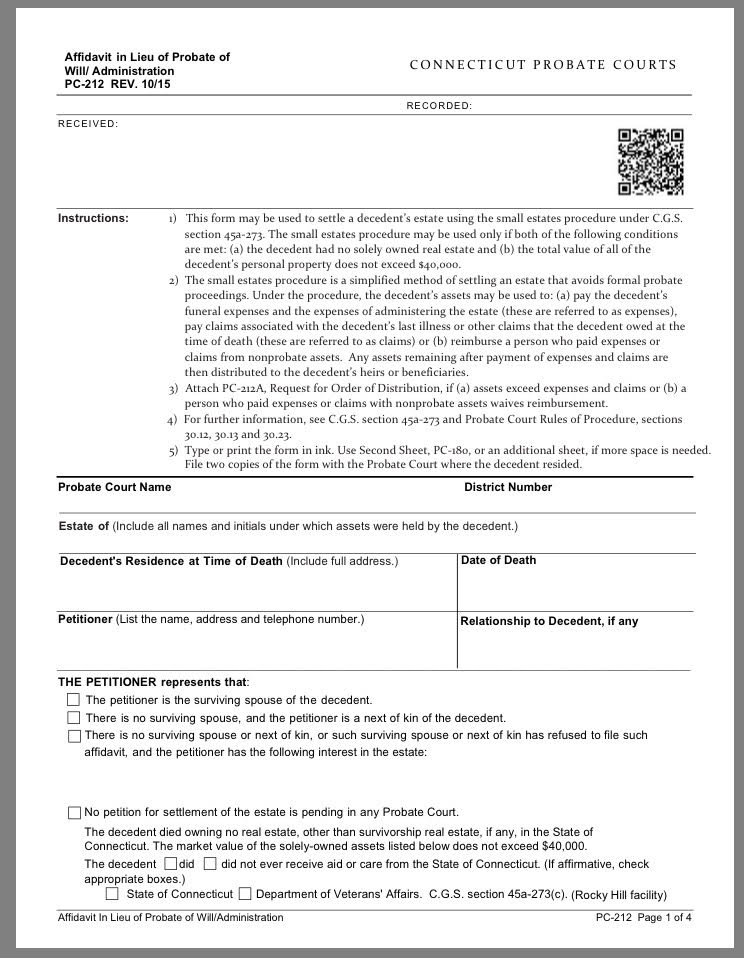There are two major kinds of probate – formal probate and informal probate. These types of probate are similar but they have a few distinct differences that should be noted. If you are trying to split up the assets of a deceased loved one, and you and your family are considering using the informal probate process as opposed to the formal one, there are some things that you should know.
Probate vs. Informal Probate
Probate, as I’ve mentioned, occurs when an executor files a probate petition with the court and handles the affairs of the deceased according to his or her Will. Informal probate is similar to probate, but it differs in that it can be done without the supervision of the court.
When to use Informal Probate
If you and your family are considering using informal probate, there are some things that you should consider. Informal probate works best in situations where the assets amount to $50,000 or more. All parties (creditors, heirs, executor, etc.) must agree to the informal probate process, and it must be stated in the Will of the deceased that informal probate can be used. If at any time a party in the proceedings decides that he or she wants to switch to formal probate, he or she can file a petition with the court to allow for formal administration. If you decide to use informal probate, you do not have to hire an attorney, but it is still advised that you do so. At any point during the informal probate process, you can hire an accountant, a tax preparer, or a probate lawyer to assist you in understanding the finances and law involved with the estate.
Deciding to use informal probate will depend on your individual situation. If the Will that is left behind by the deceased is a complex document with room for interpretation and questions, you might want the court to give guidance where there are questions. In this case, you should use probate. On the other hand, if the deceased’s Will is clear and straightforward, you might not need the help of the court. In this case, using informal probate can help to make the probate process faster.
Formal probate and informal probate are similar, but depending on your personal situation, one might be more effective than the other. If you are trying to determine which form of probate will be more useful for you and your family, it is in your best interest to contact a probate lawyer. He or she can consider your individual circumstances and make an informed suggestion based on it. A probate lawyer, like me, can also answer your questions and make this process run smoother in general. Contact me here.

